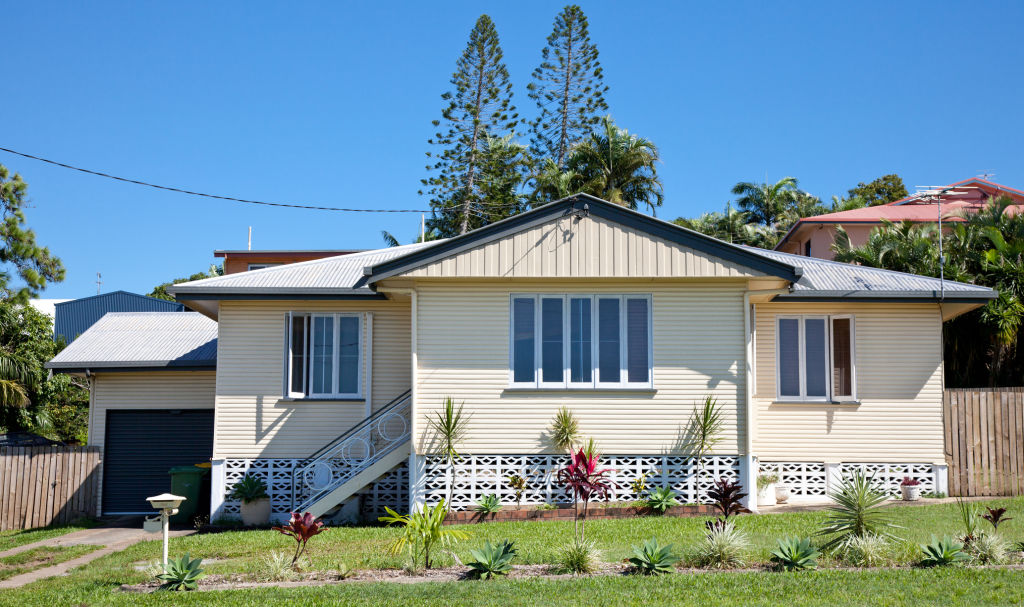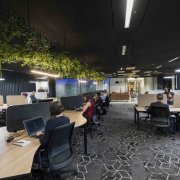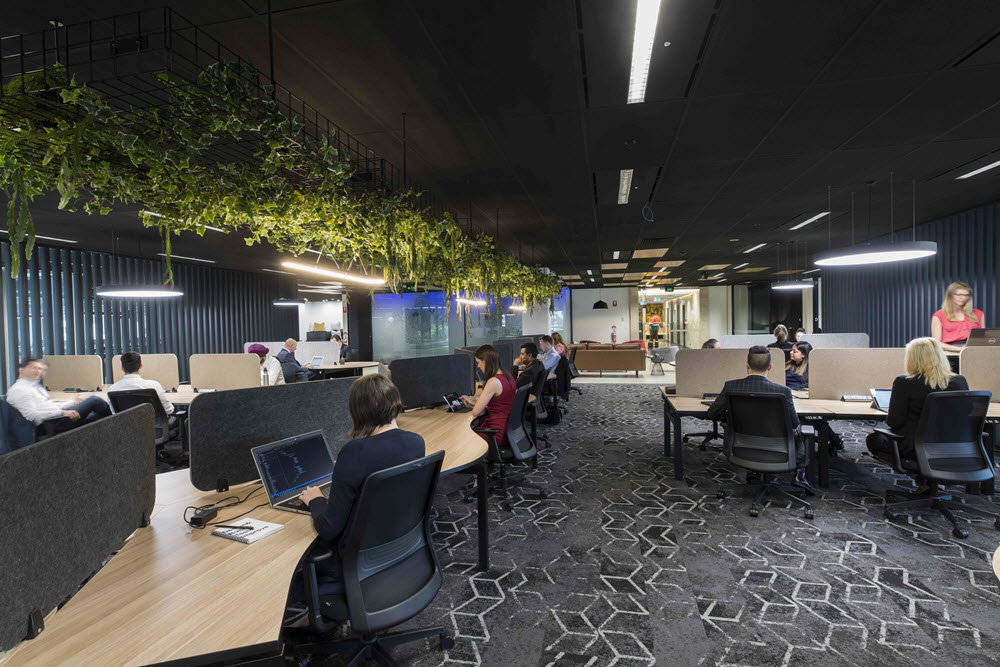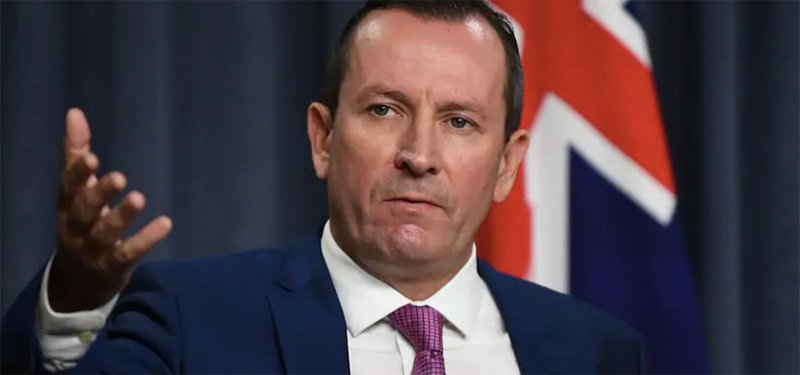
This is an example of team work at its best in Western Australia. Can I thank Venues Live that has made Optus Stadium available as a management centre for the crisis. The centre has been established to police maintaining law and order and mitigating the impact of COVID-19 on the community. Police will track workforce impacts and plans for essential services across Western Australia. They will turn the directions that come out of the state emergency committee meetings, which happened at least twice a week, into operational guidance for officers.
To ensure the resilience and continuity of law and order in Western Australia. Today, we have border restrictions coming into force. All access point by road, rail, air and sea, it will apply to. Unless exempted, arrivals from interstate will be ordered to self-isolate for 14 days to protect the health of our community. If you are a tourist and want to come to WA, it’s too late. Please don’t come. Exemptions will apply to essential services and workers including health and emergency services, defence and policing, mining, oil and gas workforces, flight crews and freight of essential goods by ports, road and rail. There will be exemptions granted on compassionate grounds and where people live near border communities. Vehicle numbers at the South Australian border check point yesterday were three times higher than usual. 675 vehicles crossed at Eucla and 150 at the Northern Territory border.
There are long queues at the South Australian border today. This is unprecedented and has never happened before. The queues are in place because vehicles need to be inspected to protect agricultural industries, our farmers and environment need to be protected even now. However, as there are major delays, we ask people to be patient. I want to make sure people who are at the border right now know if you reach the border by 1:30pm, that includes waiting in the car in the queue, we’ll make sure you come into WA without restrictions in force. This is an extraordinary situation and I appreciate it is very difficult at the border. I just ask for patience and understanding as we bring in the new rules to protect the community. I have already explained that nonessential travel across Australia and Western Australia needs to stop. Our new border restrictions have helped put a complete stop, a major restriction or stop on any unnecessary travel into the state. I also want to expand that advice across Western Australia. That means that any unnecessary intrastate, internal travel in Western Australia, needs to be avoided. We’ll be putting in place restrictions on the movement between Western Australia’s regions. It is important we minimise the spread of this virus. Clear guidelines around this will be released soon.
Essential travel cannot be avoided. That is understandable. But we need to avoid everything else. I’m asking West Australians for their understanding during this very, very difficult time. This measure we’re putting in place in the future will protect our regional citizens, especially the elderly, and especially Aboriginal people. Can I also note, it is getting hotter. People must socially distance. Everyone must adhere to the rules. It’s pretty straightforward what the rules are. If we see people not doing the right thing at our beaches, like Cottesloe or Scarborough we will be forced to act. We may need to close down these or other beaches. We don’t want to do this but if we have to protect people from themselves on our beaches then we will.
Lastly, can I thank Ben Wyatt for his courageous decision yesterday to stay in parliament and remain as Treasurer. Obviously, Ben is needed in these circumstances. He has been one of Australia’s outstanding Treasurers of the last 10 years, in fact, the outstanding Treasurer of Australia for the last 10 years and I very much appreciate his decision to stay on in parliament during this crisis and the years through which we recover from this. Can I also, on that note, thank Hannah Beazley, who was pre-selected for his electorate of Victoria Park for her understanding and I look forward to her having a parliamentary career in the future. Can I welcome the police commissioner to say a few words. Thank you, can I also add my recognition and thanks to Venues Live and the operators of Optus Stadium for making this facility available.
This is one of four centres in which we are both coordinating and commanding a state of emergency. It is multi sectorial, it covers both the public service and the private sector and other voluntary and community groups. This is about our community. This is about us being able to make decisions, although they’re tough decisions to make, and there are many issues that will impact on people’s lives, on their businesses and, indeed, the way you operate as a family and a community, but it is being done under a state of emergency declaration, which I have signed, in regards to restricting and firmly controlling access by people who wish to enter Western Australia.
As the Premier has stated, and I now restate, unless you are here for essential services, this is not a time for you to be able to move around the state, or, in fact, for taking holidays. This is a time of emergency. This is a time where we want to ensure that everyone is kept safe. Yes, it is going to restrict and it is going to curtail what your plans may have been but, as we’ve seen with some of the behaviours in our shopping centres, there is necessarily very strict controls that have to be put in place to ensure that we interrupt and ultimately stop the spread of COVID-19. We are making these decisions in everyone’s interests. It is not a time for finger pointing. This is a time for us to pull together as a community. It does cover air, rail, road and sea. If I can talk about the roads. The Victoria Highway, which is coming through from the NT to Kununurra, will be a designated road. We are asking travellers who are coming to that particular check point Charlie, in fact it is called, that you will come under post 1.30pm this afternoon, very different restrictions than you have had previously. You will be met there by police and by health and other authorities. You may be required to be quarantined, unless you are an essential service.
Any plans for coming here, if you are not from WA, you have to make this choice and make this choice advisedly. If you have no business here, we are obviously making exceptions for what are essential services. We also have our main road thoroughfare at Eucla on the Eyre Highway. Again, you will be met there. Yes, we are trying to work our way through the queues, as the Premier has already said, to ensure we move particularly our essential goods and services which are being moved through by heavy haulage and our trucking industry. I have to commend the transport and trucking industry. They are being very proactive. I would also commend the chamber of minerals and energy, mines energy, the air and gas operators for oil, gas etc. They are again being very cooperative. We have to make sure that those essential services, our utilities keep operating and we’ve got very strong commitment and cooperation and that’s to the credit of that industry sector. I will once genre enforce what the Premier has said, to each of us in the community, this is not pointing a finger at any particular individual, this is all of us. We have to be disciplined about this. If we’re not, we are going to be infecting people and people are going to fall ill and people are likely to die. We’ve seen this in other countries. This is serious. These decisions are here for your safety and for your health.
Once again, we’re restricting entry to our borders. If your travel is not essential, then do not try to travel into WA. It’s a new and rapidly changing experience for us. There will be teething problems. People might have grumbles and complaints. Think about those businesses that have had to close up, think about those queues where people are now no longer unemployed. You may be frustrated if you’re in a longer queue. Think of others, necessarily, so that we understand that people will be frustrated but we want you to remain patient while we get this system into place where the community understand the gravity of the problem. Together as a community, we can get through this.
You outlined the make-up of the community groups. Is that to cover issues like all the homeless and how they are dealt with and how the police deal with them? Can you expand more on the sorts of roles that will be dealt with in this new incident command centre?
The coordination of all services, whether they are from not for profits, non-Government, through to the Government-delivered services, the concept of actually coordinating this in an emergency – people are very familiar with this sort of scenario if you’ve been through a cyclone or a bushfire.
This is exponential in terms of that. The sorts of coordination by the entire community, supplemented by Government and non-Government services means we’ve got to do it in a coordinated way. If a person is homeless, we’ve got to make sure that they get the basic necessities of life, they have shelter, food, access to the services we would ordinarily expect. It is a state of emergency so we will have to break glass if we have to to ensure that the whole community is cared for. Will the curfew regime help you at the moment, as has been suggested by the ANF? Every decision that I am taking and I am consulting with the Premier and the Government and, indeed a whole lot of other sectors, is all based on medical advice. We have a Chief Health Officer in WA, he is in multiple contact with Australia’s Chief Medical Officer and there’s a whole committee around the nation that is giving Governments around Australia the best possible medical advice. They are the experts. I certainly in participating with what the Premier – and obviously he can talk to this, but from a state emergency coordination role, I’m not going to make unilateral decisions without the best medical advice and that is where we’re taking it from. Can you expand on the process of borders, the road borders, Kununurra and Eucla? People arriving by road after 1.30pm, what is the process, will they be forced to isolate at the border towns and is there accommodation in place for that to occur? There is not sufficient accommodation to manage the entire network of people that may want to come through. Whether it be road, rail, maritime travellers, and air, we will be allocating certain areas if people present and do require quarantine. It won’t necessarily be at Eucla because there is no large hotel there.
They may be directed to a particular designated area, such as Norseman and they may have to stay there for 14 days if they fall within that criteria. There will be others, such as a truckie coming through with essential goods and services who is exempted but even those people, we will take their details and ensure that that travel is for those essential purposes only. This is complex, it is dynamic but it is done for the interests of everyone. Will police escort people from the border to Norseman for instance? No, we will monitor that. We don’t have sufficient to monitor every single vehicle right the way through to Perth for instance. We have to be pragmatic about it. We’re appealing to peoples’ common sense. Would you be turning people around, would they also take the option of turning people around and sending them back into the State they are already in? People will have to make decisions. If they fall within the criteria where they may be required to stay at a remote location for 14 days and be housed there, they can elect to return to another place. The interstate travel rules, how strict will they be? Will Perth people still be able to visit the south-west for recreation? The Premier may want to add comments to what I make but if the situation doesn’t get under much tighter and stricter adherence, such as people self-isolating, such as people not panic-buying, we will make stricter controls put in place, whether it be at regional or down to particular local areas. These are measures which we are monitoring daily.
Would you see if that was to come to pass using your officers to ring lock, for example, Geraldton or Bunbury or Carnarvon or somewhere like that, no one in, no one out? That may eventuate, depending on the data we get on where the virus is likely or present or is spreading. If I could refer back to the other question. If you’re in Perth and you are planning to spend Easter in the south-west, you need to change your plans. I would strongly suggest that you probably won’t find too much to do down there and in fact you may be stopped from going there. This is where people have to think through this carefully and not think about it in a normal situation. This is abnormal. It is extraordinary, it is a state of emergency. If the messages aren’t getting through, talk to your friends about it, otherwise you may be stopped. Just on that, if you had a holiday home in Denmark or Margaret River, you are saying don’t go there, even though you’re probably safer there because you’re more remote than anywhere else? Presently, the law as it is, and it may change, the message I am saying is if you don’t need to move around, don’t move around. If you have a principal home in Perth, stay in your principal home. If you think you can just holiday back and forward at will, you’re not actually recognising you are in a state of emergency. We’re saying to people you really need to manage this situation, this is abnormal. It is a state of emergency.
How soon are travel restrictions to the Kimberley and Pilbara as well? We have heard about stopping travel up north, is that imminent? We have measures under draft at the moment and we are working closely with the Commonwealth. The Commonwealth have introduced biosecurity law which governs those regions as well. We will make every decision we can and do it in a manner that is helpful to those vulnerable communities. … Shutting down flights, is this? We’re not shutting flights down but certainly the air carriers are very close contact with us about this. We know that certain air operators have already made very clear decisions about that. Staff have been laid off, flights have been cancelled but they are working cooperatively. In regards to beach closures, obviously we have seen the pictures of what happened over east. They were closed but people still went. Will officers be putting more patrols out there to try and crackdown on these people? Police patrols are already in place now and I have directed that those patrols do take place. It is a hot day today. It is hot tomorrow. We will make the decisions to close the beaches if people are not listening.
Can I ask you a Premier, please? Hang on, with regards to the command centre, how will that help connect regional cops? We have an integrated data system that in fact the Government funded only last year. That greatly enhances so we can geo map and plot exactly where each officer is and equally so, if a person has been positively identified and they have been asked at health direction to self-quarantine, we know exactly where they are. This is a case of coordinating and assisting. I would stress though, I have not got reports of people who have been reported as positive – we shouldn’t treat them as criminals. These are West Australians who, whatever way they got that, have been and are infected by the COVID-19. We are not regulating this by way of detention that you have done something wrong. It may be a totally innocent way in which they have been infected. This is a way of caring for them and the community. How likely are we to get to point where borders have to be closed full stop and freight trucks can’t come… No, freight trucks, rail, air cargo, they are exempted. They are working very cooperatively.
The chambers that govern FIFO workers and the like, full cooperation and I commend those sectors for the way they are cooperating. That extends to the unions that underpin a lot of that representation in those sectors. Everyone is cooperating. What the Premier and I are saying today, the community need to get this message as well. I think we are seeing industry who are used to being under some sort of regulatory control, our community members haven’t yet got it. You got to get it. Thank you. That is the latest from WA, the Police Commissioner speaking there, before him Mark McGowan the Premier was talking about the latest measures to handle coronavirus in the State. Mark McGowan talking about the queues currently on the border with South Australia and WA of people trying to get back into WA because, from 1.30 local time, that is in 40 minutes time, strict restrictions will be put in place for people crossing into the State and peoples’ experience of the border crossing will change. There is a ban on non-essential travel within the State, we’re told, as well as into the State and there will be restrictions put in place on travel between regions within WA. Popular beaches may close if people are not observing social distancing rules while they are enjoying them.
That is from both the WA Police Commissioner and from the Premier. The Commissioner spoke about the state of emergency in place in WA and the need for people to observe stricter controls. Police patrols are in place to make sure people act on social distancing instructions. That is the latest from WA.
For more information on the situation in Perth, please click on Destination Perths link here https://www.experienceperth.com/page/covid-19-information-and-support
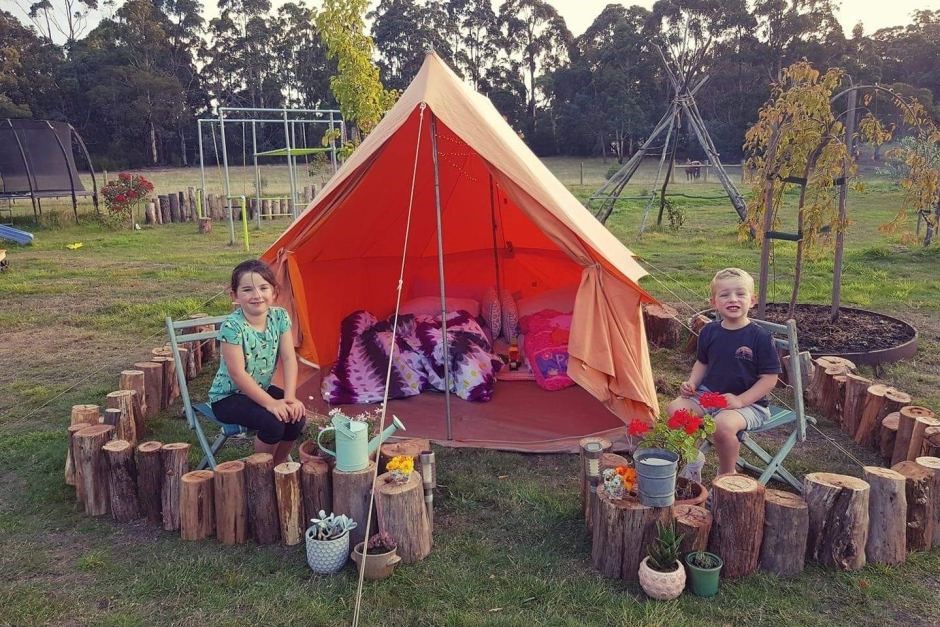
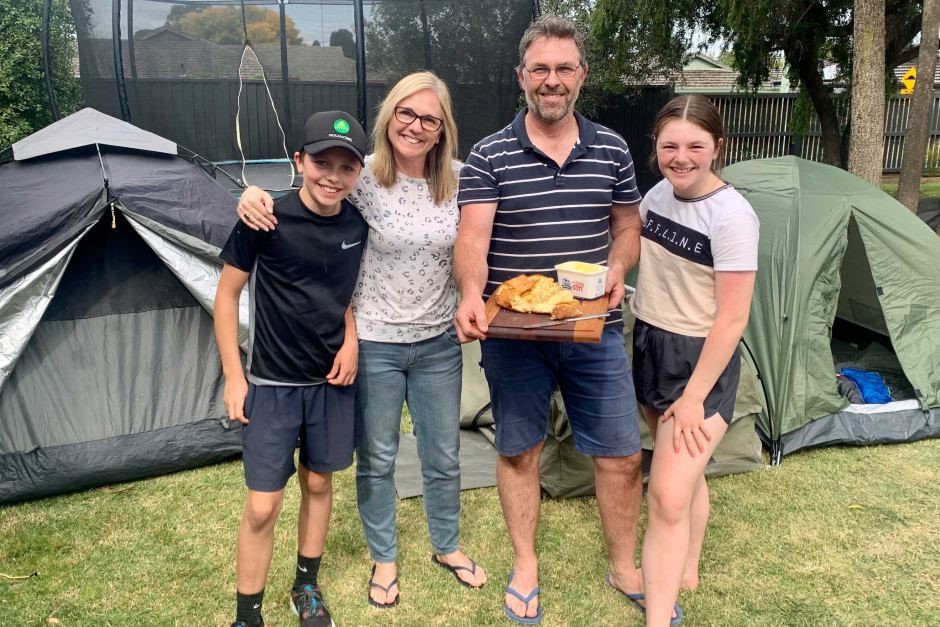




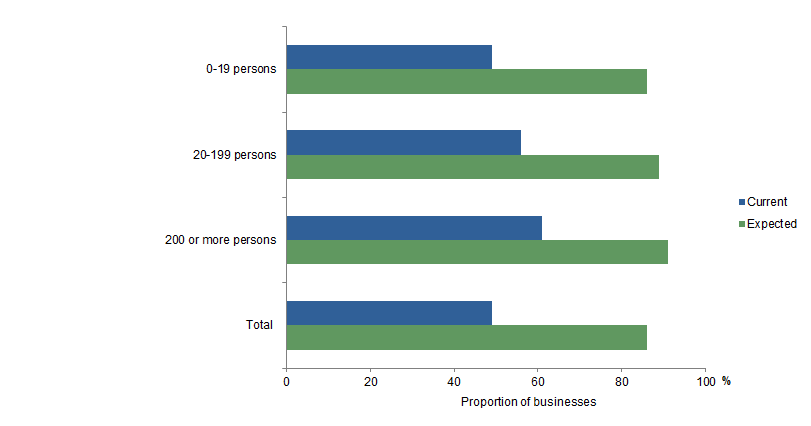
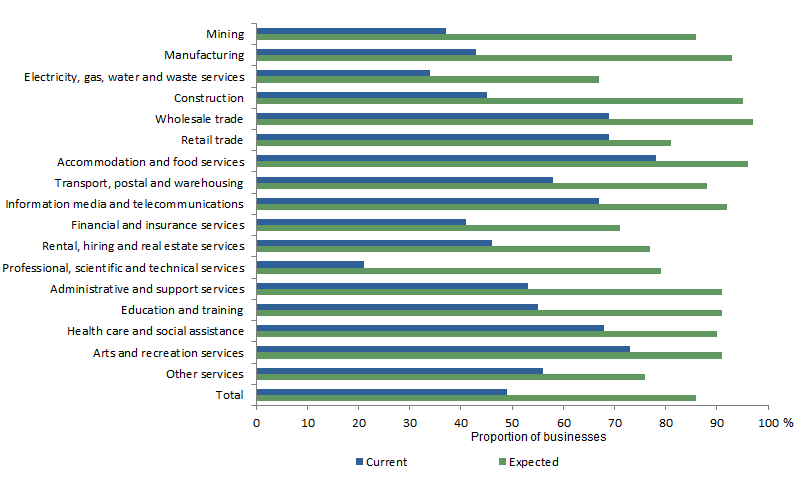
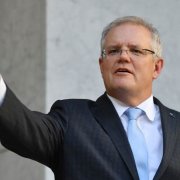
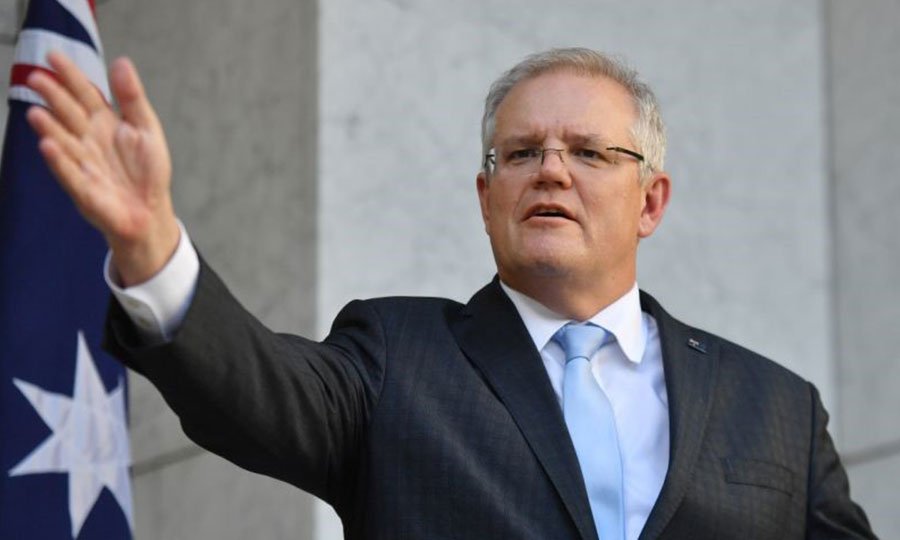
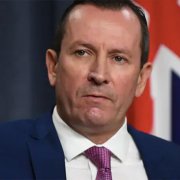



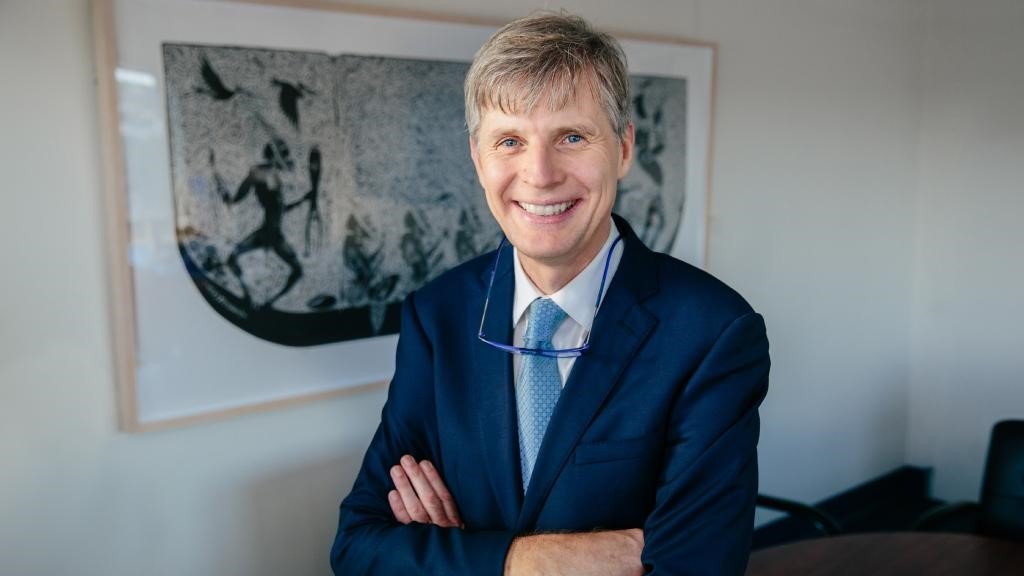

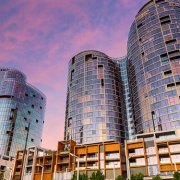
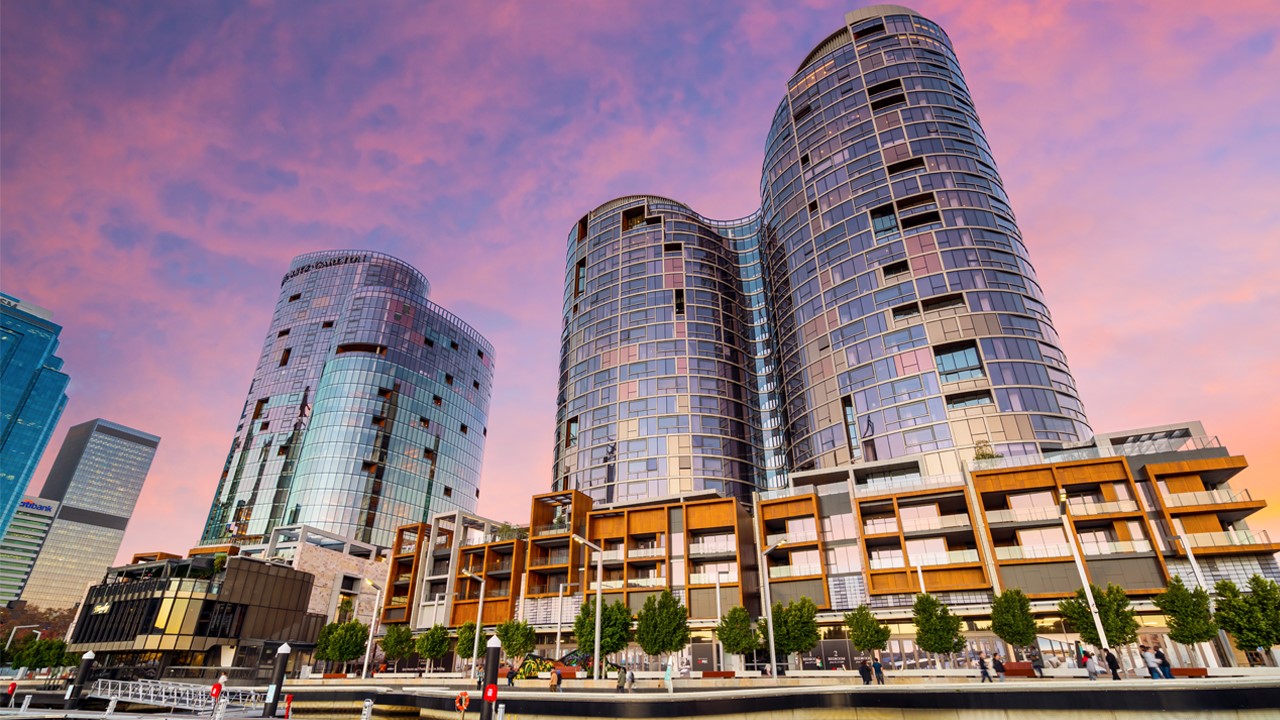
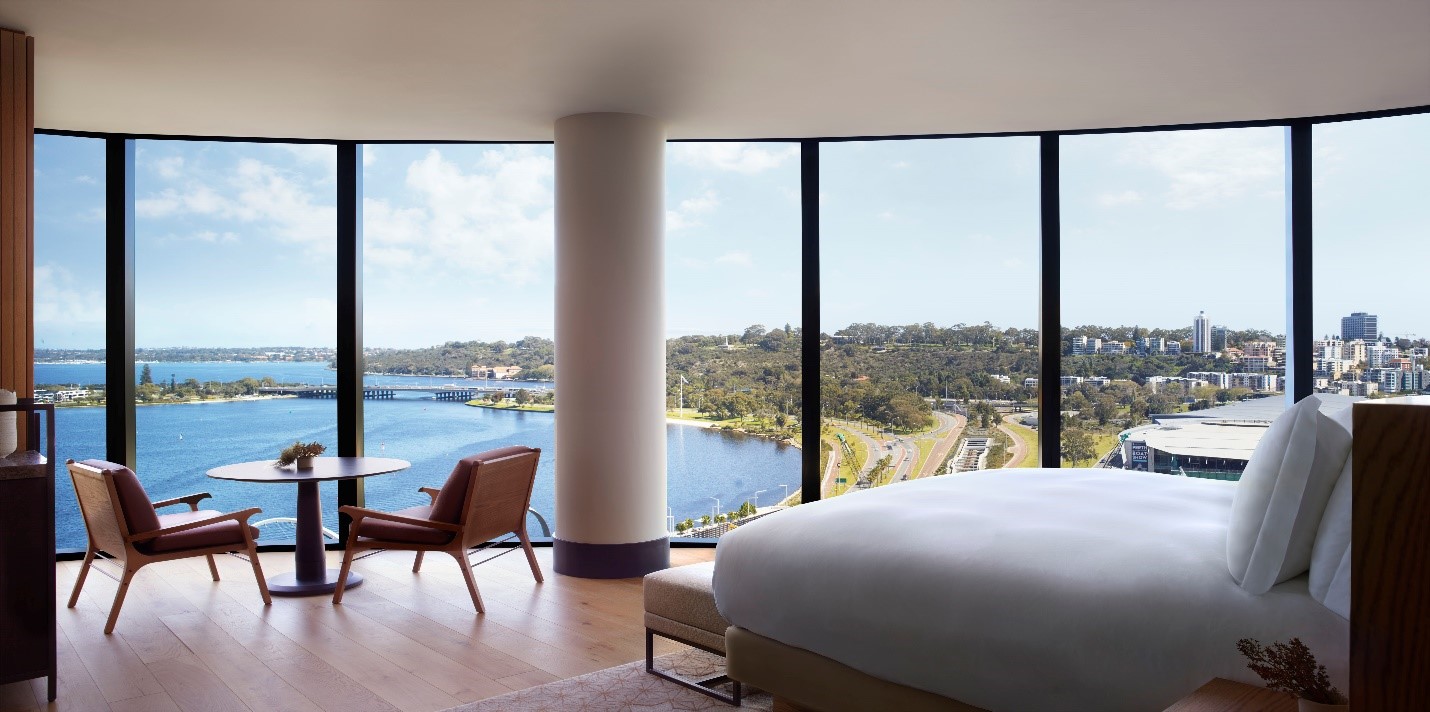
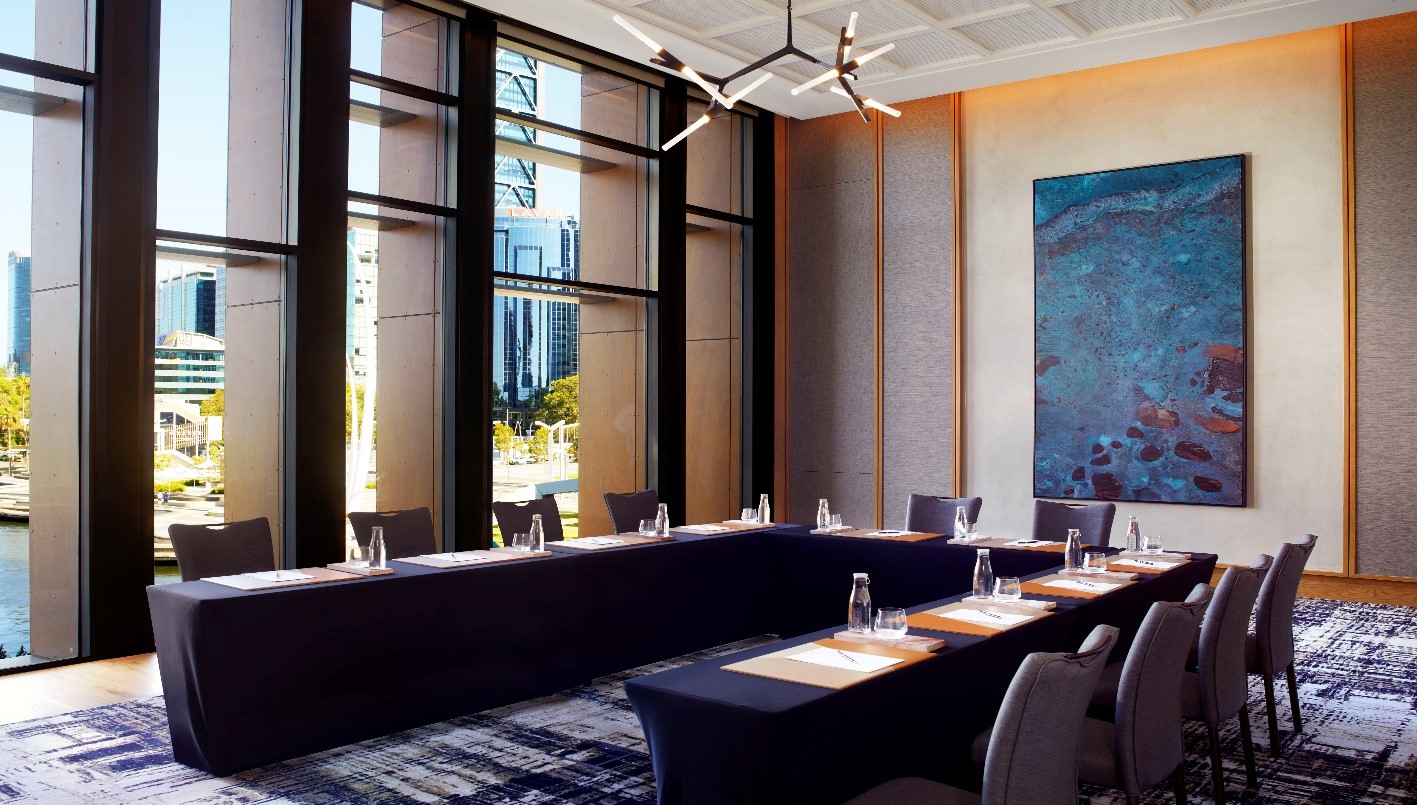
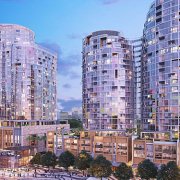
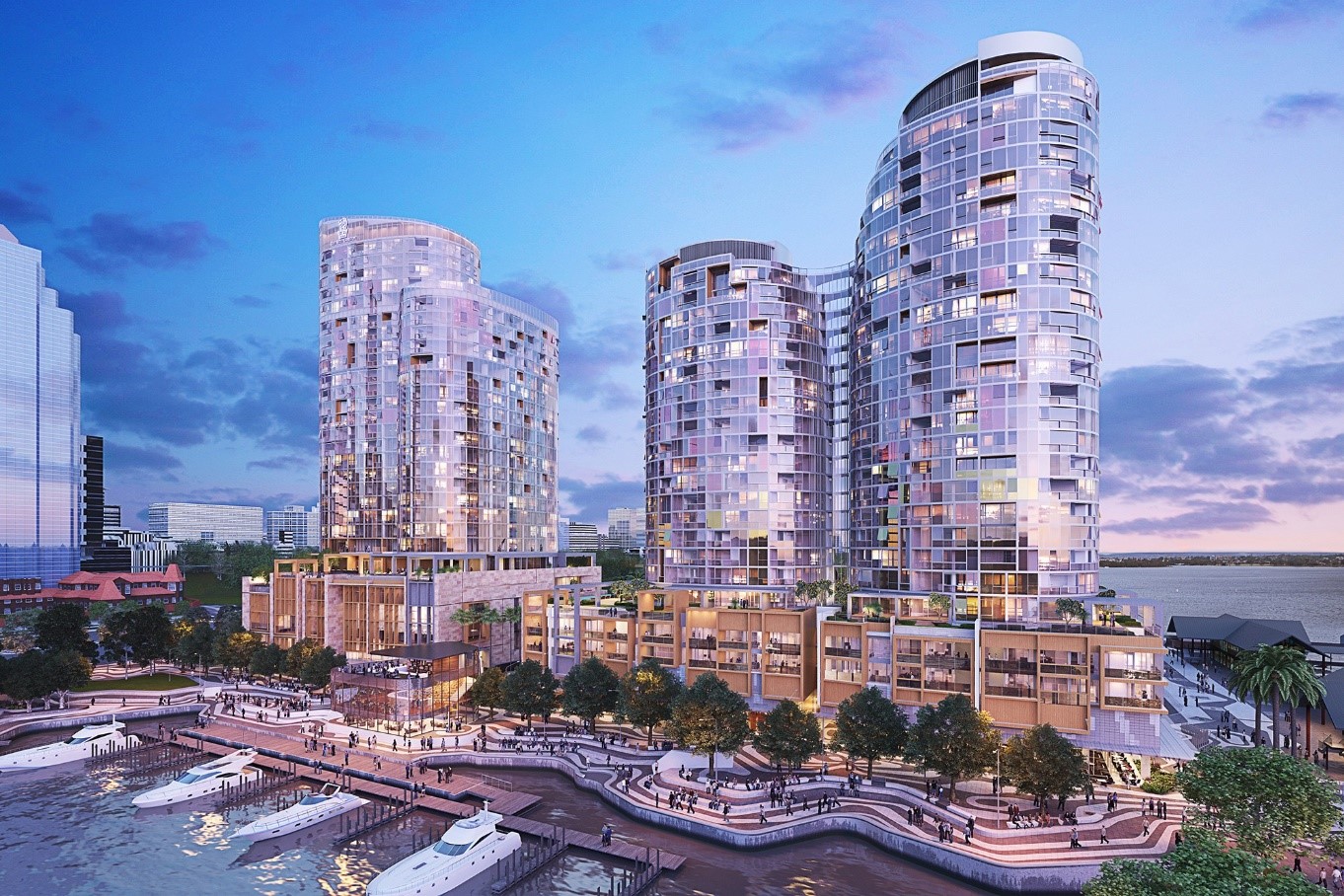









 Mike Smith
Mike Smith
